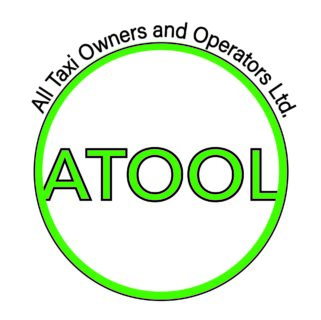ATOOL and other members of the taxi industry meet with Toronto City Councillor Alejandra Bravo, the new chair of the Economic and Business Development Committee.
On Thursday, September, 13, ATOOL and other members of the taxi industry met with Toronto City Councillor Bravo, who is the new chair of the economic and business development committee.
Background: The conversation began with Bravo mentioning her involvement with taxi drivers dating back to 2003 when she helped organize a taxi rally related to insurance issues. She expressed concern about the disruption caused by technology-based ride-sharing services like Uber and Lyft, which she saw as a threat to the traditional taxi industry and public transit. Bravo believed that the taxi industry provided a higher standard of living for drivers and wanted to prevent it from being dominated by tech companies.
Concerns About Uber: Bravo highlighted several issues with Uber, such as unfair competition, lower insurance costs, lack of driver training and licensing requirements, and the anonymity of Uber drivers compared to traditional taxi drivers.
Electrification of Vehicles: There was a discussion about the goal of transitioning to electric vehicles in the taxi industry by 2030. Bravo suggested that this goal needed to be continually assessed based on factors like charging infrastructure, vehicle availability, and the needs of drivers who lived outside of Toronto. The challenges of apartment-dwelling drivers charging their electric vehicles were also mentioned.
Impact on Taxi Business: ATOOL expressed concerns about the taxi industry’s ability to survive until 2030 due to the challenges posed by Uber and Lyft. They mentioned the financial burden on taxi license holders and the unfair competition they faced.
Fair Pricing and Competition: ATOOL emphasized the need for fair pricing in the industry and highlighted concerns about surge pricing by technology-based ride-sharing services.
City Council and Regulation: Bravo acknowledged the challenges in bringing about change and regulation through city council, given the signifiant lobbying and influence of tech companies like Uber had on them in the past. She expressed her commitment to protecting the taxi industry, especially in the context of electrification.
Training and Customer Service: ATOOL highlighted the differences in training and culture between traditional taxi drivers and Uber drivers. They emphasized the importance of customer service, driver training and courtesy while providing public transportation services.
Vehicle Age and Electric Vehicles: ATOOL pointed out the importance of extending the age of taxi vehicles to help the industry survive, as some municipalities allowed older vehicles. ATOOL suggested a model where electric vehicles used in the industry could be resold to the public after a certain period.
Closing Remarks: Bravo concluded the conversation by thanking ATOOL for their input, emphasizing her support for the taxi industry, and pledging to maintain open communication.

